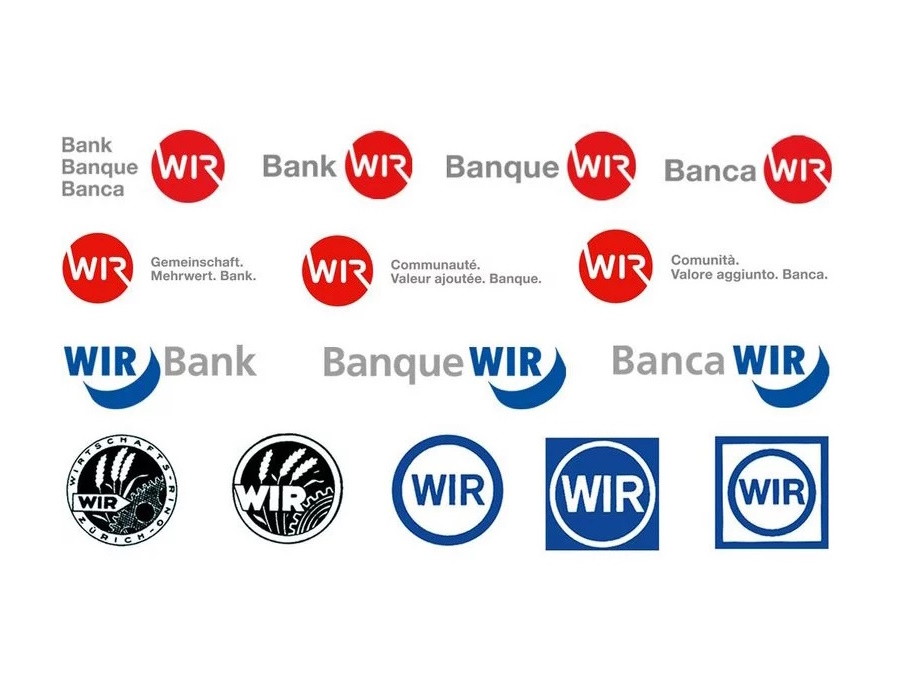The Macro-Stability of Swiss WIR-Bank Credits
Executive Summary
The paper titled "The Macro-Stability of Swiss WIR-Bank Credits: Balance, Velocity, and Leverage" by James Stodder Phd and Bernard Lietaer Phd provides an in-depth analysis of the WIR-Bank's unique credit system, a complementary currency that has played a crucial role in the Swiss economy since its inception in 1934. The authors explore the WIR-Bank's impact on macroeconomic stability, particularly its role as a countercyclical force, enhancing economic resilience during downturns. Through rigorous empirical analysis, the study underscores the importance of alternative monetary systems in contributing to economic stability and offers valuable insights for policymakers, economists, and business leaders.
See Paper Here http://www.jimstodder.com/WIR_Panel_CES.pdf
Key Findings and Contributions:
Countercyclical Behavior of the WIR-Bank:
The paper demonstrates that the WIR-Bank's credit system exhibits strong countercyclical behaviour, meaning its use increases when the broader economy experiences downturns. During recessions, when conventional money supply tightens and businesses face liquidity constraints, firms in Switzerland tend to rely more heavily on WIR credits. This behaviour effectively cushions the economy against the full impact of economic contractions by sustaining business activity and employment levels.
This countercyclical usage of WIR credits is particularly significant because it provides a stabilizing effect that complements traditional monetary policy. In times of economic distress, the WIR-Bank's system helps maintain the flow of goods and services, reducing the severity of recessions.
Differential Behavior Among Firms:
The study provides a nuanced understanding of how different types of firms engage with the WIR system. Larger firms tend to accumulate higher WIR Credit balances, using them as a buffer against financial instability. These firms may have more flexibility and resources to hold onto WIR credits, which they can deploy strategically during economic downturns.
On the other hand, smaller firms, which often operate with tighter margins, demonstrate higher velocity in their use of WIR credits. These businesses frequently use WIR credits for immediate transactions, helping to sustain their operations during challenging times. The higher turnover rate among small firms contributes significantly to the WIR-Bank's overall countercyclical impact.
Broader Economic Impact:
The research highlights that despite its relatively modest size in terms of total turnover compared to the Swiss Franc, the WIR system exerts a disproportionately positive influence on the Swiss economy. By providing an alternative means of transaction during periods of financial strain, the WIR-Bank helps reduce reliance on conventional credit and liquidity sources, which are often constrained during downturns.
The study also discusses the role of leverage in the WIR system. Firms using WIR credits are able to leverage their resources more effectively, which not only supports their own operations but also contributes to overall economic stability. The presence of the WIR system mitigates the risks associated with high leverage in the conventional banking system, offering a more sustainable model for business financing.
Methodology and Empirical Evidence:
Stodder and Lietaer employ advanced econometric models to analyse data spanning several decades, providing robust empirical evidence for their conclusions. The analysis includes examining the balance and velocity of WIR credits, as well as the leverage ratios of firms using the system. This comprehensive approach allows the authors to draw strong connections between the use of WIR credits and macroeconomic stability.
The study's findings are supported by historical data, demonstrating consistent patterns of increased WIR usage during economic downturns. This consistency underscores the reliability of the WIR system as a stabilizing force in the Swiss economy.
Policy Implications and Broader Relevance:
The paper's insights have significant implications for policymakers and economists. It suggests that complementary currencies like the WIR can play a vital role in enhancing economic resilience, particularly in times of financial instability. By providing an additional layer of economic security, such systems can reduce the need for aggressive monetary interventions during crises.
The findings also highlight the potential for other economies to adopt similar complementary currency systems, tailored to their specific contexts, to bolster economic stability. The WIR-Bank serves as a successful model of how alternative financial systems can coexist with traditional banking and monetary systems, providing a more diversified and resilient economic framework.
Conclusion:
In conclusion, "The Macro-Stability of Swiss WIR-Bank Credits: Balance, Velocity, and Leverage" offers a compelling case for the value of the WIR-Bank's credit system in maintaining macroeconomic stability in Switzerland.
Through detailed analysis and robust empirical evidence, the paper illustrates how the WIR system acts as a countercyclical force, supporting businesses and stabilizing the economy during downturns. The study's findings are not only relevant for understanding the Swiss economy but also provide valuable lessons for other nations seeking to enhance their economic resilience through innovative monetary systems. This paper is a significant contribution to the field of economics, highlighting the potential of complementary currencies to play a crucial role in modern financial systems.


